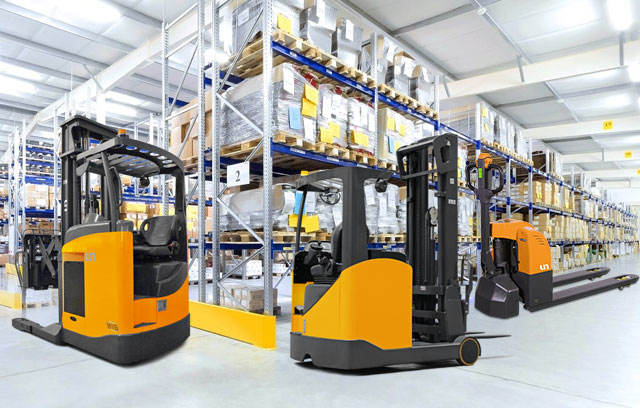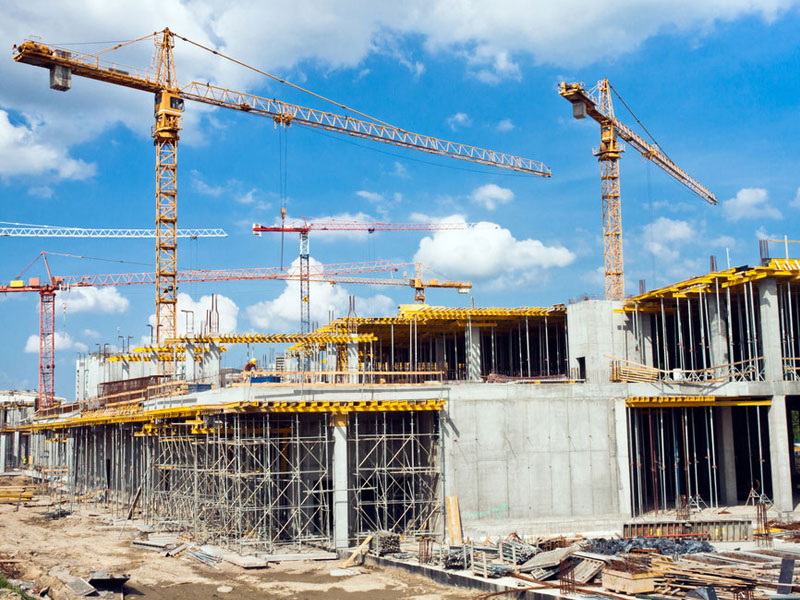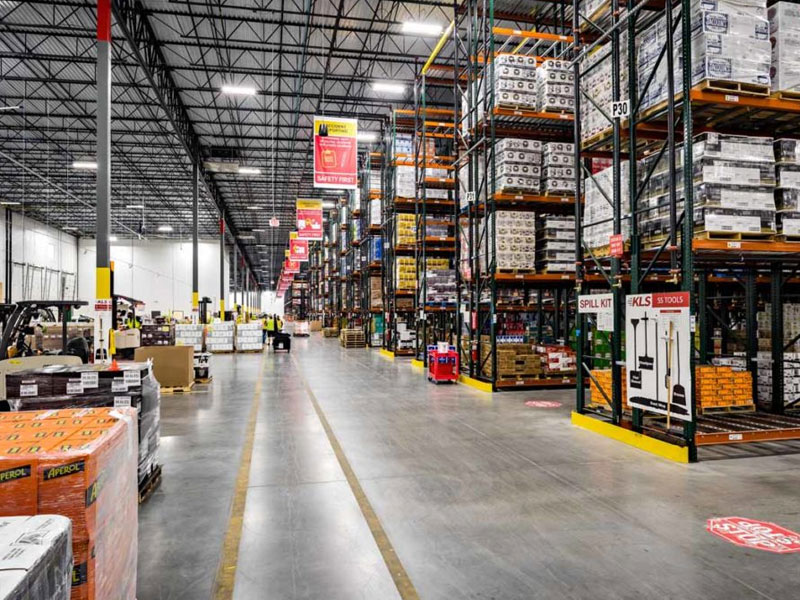Common Causes and Troubleshooting Methods for Diesel Forklift Starting Difficulties
Starting difficulties are a common problem for diesel forklifts, impacting operational efficiency. Common causes include low battery charge, starter motor failure, abnormal fuel supply, and a clogged air filter. For low battery charge, check the battery voltage and wiring status and promptly recharge or replace the battery. If there is a problem with the starter, inspect its electrical connections and mechanical components and repair or replace them as necessary. Abnormal fuel supply is often caused by a clogged fuel line or contaminated fuel filter, requiring cleaning or replacement. A clogged air filter can result in poor engine air intake; the filter should be cleaned or replaced regularly to ensure proper engine intake. Starting difficulties can be effectively resolved by troubleshooting each issue.
Causes and Troubleshooting Methods for Diesel Forklift Engine Overheating
Engine overheating may be caused by cooling system failure, insufficient engine oil, or fuel quality issues. Cooling system failures often manifest as coolant leaks, a clogged radiator, or a damaged fan. Check the coolant level, radiator condition, and fan operation promptly, and repair or replace them. Insufficient engine oil can lead to poor lubrication and increased friction. Check the oil level regularly and replenish or replace the oil promptly. Substandard fuel quality can cause incomplete combustion and increase engine temperatures. Use standard fuel and keep the fuel system clean. Addressing the problem effectively prevents engine overheating from impacting forklift performance.
Causes and Solutions for Underpowered Diesel Forklifts
Underpower is generally associated with decreased engine performance, fuel supply issues, and air filter clogs. Reduced engine performance may be due to excessive carbon deposits or mechanical wear, requiring regular engine cleaning and maintenance. Poor fuel supply, such as a clogged fuel filter, can affect fuel flow and should be cleaned or replaced promptly. A clogged air filter restricts air flow, reducing combustion efficiency. Regular inspection and replacement of the filter element are essential. Maintaining relevant components can maintain proper engine power and ensure forklift operating efficiency.
Causes and Solutions for Abnormal Emissions in Diesel Forklifts
Abnormal emissions are often caused by incomplete combustion, poor fuel quality, or a clogged exhaust system. Incomplete combustion may be caused by a faulty injector or ignition system. Check the injector and ignition system and adjust or repair them promptly. Using low-quality fuel can increase emissions; choose fuel that meets standards. A clogged exhaust system can affect exhaust emissions; clean the exhaust pipe and muffler. Systematic adjustments and maintenance can effectively reduce diesel forklift emissions.
Symptoms and Troubleshooting of Hydraulic System Failures in Diesel Forklifts
Hydraulic system failures can cause malfunctions in lifting and steering, manifesting as sluggish or weak movements. Common causes include insufficient hydraulic fluid, deteriorating oil quality, clogged oil lines, or a damaged hydraulic pump. Regularly check the hydraulic oil level and quality, and add or replace the hydraulic oil as necessary. Clogged oil lines require cleaning or filter replacement. A damaged hydraulic pump requires professional repair or replacement. Prompt inspection and maintenance of the hydraulic system can ensure the proper operation of the forklift.
Causes and Maintenance Measures for Brake Failure in Diesel Forklifts
Brake failure is a serious safety hazard. Common causes include brake fluid leakage, worn brake pads, or air bubbles in the brake system. Check the brake fluid level and lines, and repair leaks immediately. Brake pads should be replaced promptly when worn to a certain degree. If bubbles appear in the brake system, bleed the air to ensure fluid continuity. Regularly checking the condition of all brake system components can reduce the risk of brake failure and ensure safe operation.
Diesel Forklift Electrical System Fault Analysis and Troubleshooting
Electrical system faults can manifest in various ways, such as indicator lights not lighting up, instrument malfunctions, or engine control failure. Causes may include battery aging, poor wiring, or a control module failure. Check the battery condition, clean the terminals, and repair damaged wiring. A control module failure requires specialized equipment for inspection and repair. Systematically troubleshooting electrical issues can maintain the normal operation of all forklift electrical functions.
Causes and Solutions for Abnormal Noise in Diesel Forklifts
Abnormal forklift noise may be caused by problems with the engine, transmission, or exhaust system. Internal engine wear or loose parts can increase noise, while insufficient lubrication in the transmission system can also cause abnormal noise. A damaged or clogged exhaust system can also affect noise levels. Regular inspection and maintenance of the engine and transmission components is recommended to ensure proper lubrication and an unobstructed exhaust system. By improving maintenance, the noise level of forklifts during operation can be controlled, providing a quieter working environment.











 中文简体
中文简体 عربى
عربى Español
Español














